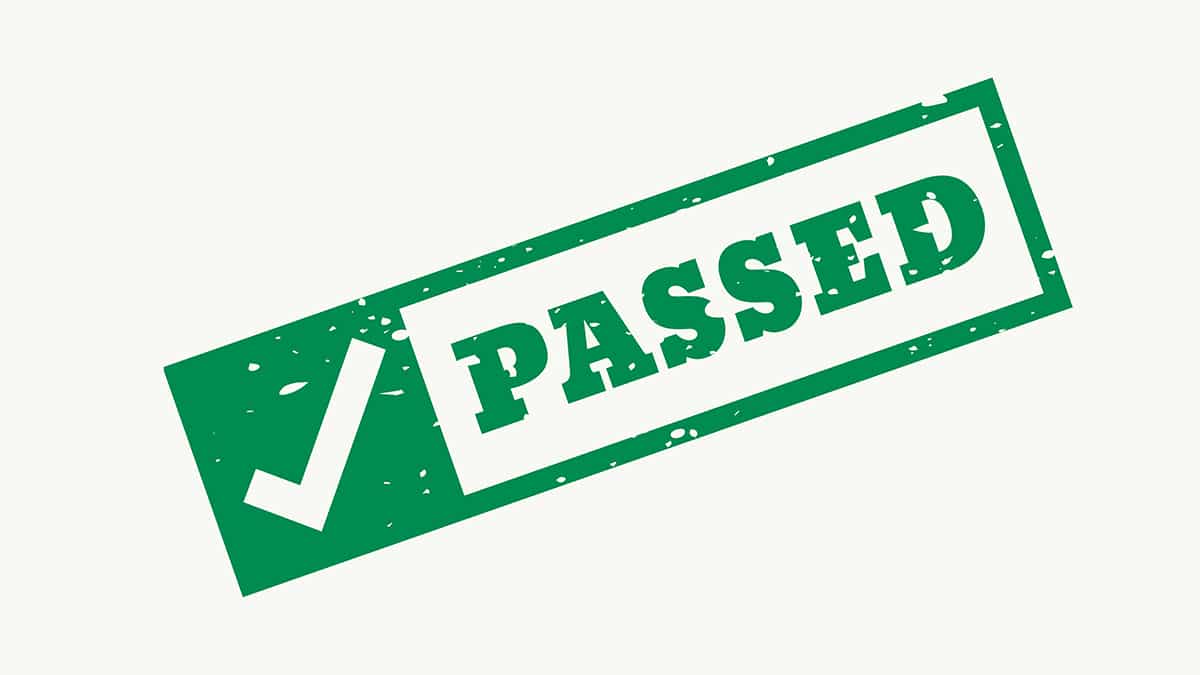In this guide
Many people are keen to make last minute super contributions, even after reaching what many would consider to be retirement age.
In the past, the ‘work test’ was a significant obstacle, requiring anyone 67 or older to prove they were gainfully employed before their super fund could accept any voluntary contributions.
All this changed in 2022, when the work test was abolished for most contributions. While this sounds great, you still need to take care, as the work test remains a requirement for one type of super contribution.
How is the work test applied?
Under current laws, the work test applies only to personal contributions you claim as a tax deduction. It is enforced when you make this type of contribution during the period between the day you turn 67 and the day that is 28 days after the end of the month you turn 75.
When you are in this age range and make a personal contribution that you later seek to claim a tax deduction for, the ATO will check to see if you meet the work test requirement at the time you lodge your income tax return. The work test can be met in any period in the financial year during which you made the contribution.
If the ATO finds that you do not meet the requirements of the work test and you are not eligible for the work test exemption, your claim for a tax deduction will be refused.
You don’t need to meet the work test to make or receive any other type of super contribution.
What are the work test rules?
The work test requires that you were gainfully employed for at least 40 hours in any period of 30 consecutive days during the financial year in which you made the personal super contribution(s) you want to claim a deduction for.
The 40 hours can be in any arrangement over the 30 consecutive days (for example, all 40 hours in one week, or a few hours each week). There is no maximum limit placed on the number of hours you may work.
The 30 consecutive days can be at any time during the financial year in which you want to make a voluntary super contribution, so they don’t have to be all in the same calendar month.
What does gainfully employed mean?
According to the relevant tax law, gainful employment means you are employed or self-employed and receiving ‘gain or reward’ in return.
Gainful employment can be any business, trade, profession, vocation, calling, occupation or employment. You must, however, receive payment in return for the services you are providing through a salary, business income, bonus, commission, fees or gratuities. The employment arrangement also needs to be fully documented and declared for income tax purposes.
Unpaid (volunteer) positions do not meet the definition of gainful employment.
Receiving payments for assisting family members with domestic duties such as babysitting generally does not meet the definition of gainful employment either. Although you would receive gain/reward, it is unlikely that you would be considered employed or self-employed unless you are running the business on a larger scale.
Generally, the gain or reward required for gainful employment under the work test cannot be passive investment income such as dividends from shares or rent received from an investment property.
If you have any doubts about whether your situation qualifies as gainful employment, you can seek a private ruling from the ATO.
What is the work test exemption?
An exemption from the work test applies for contributions made in the first income year after you retire if you have a low super balance.
To qualify for the work test exemption, you need to meet all the following conditions:
- Satisfy the work test in the financial year preceding the year in which you make the contribution
- Have a Total Superannuation Balance of less than $300,000 on the previous 30 June (there is no need for your balance to remain below this cap in the financial year you make the contribution)
- Have not previously used the work test exemption (if you use the exemption to make a contribution and later return to work, you can’t use it again when you retire).
How much can you contribute?
Personal deductible contributions are counted towards the concessional contribution cap. If you need to meet the work test or use the work test exemption to make this type of contribution, you have access to the same concessional contribution cap and rules as you did when you were younger than 67.
The annual general concessional contributions cap is $30,000 in 2024–25. If you didn’t contribute enough to use your entire concessional cap in one or more of the prior five financial years and your total super balance was below $500,000 on 30 June, you may contribute more without exceeding your cap. This opportunity is called the carry forward of unused concessional cap.
Get more guides like this with a free account
better super and retirement decisions.


Leave a Reply
You must be logged in to post a comment.